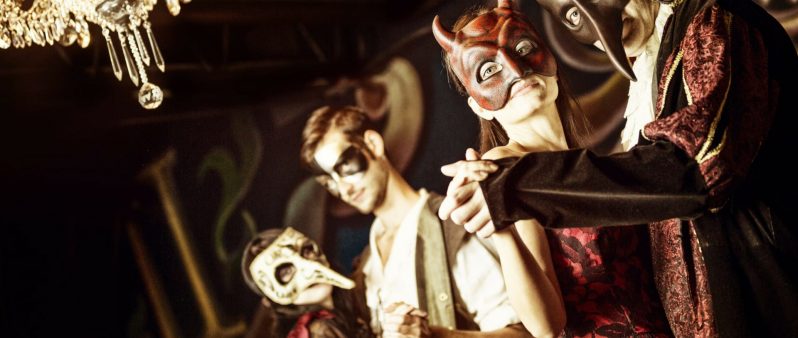
Unmasking the Music: Why Italian is the Language of Music
“L’italiano è la lingua della musica!” You can probably figure out at least two of those words (even if you have never tried to learn Italian) and come up with a basic understanding of what the sentence means: Italian is the language of music. You could make that out because most English words derive from Latin, and of all the modern Romance languages, Italian is the closest to Latin.
Pianoforte or Fortepiano?
You can learn to speak Italian con brio (lively) and pronounce it piano or forte, but always con passione. No matter your native language, with few exceptions, these words or phrases describing how music should be played are in Italian.
A nodding acquaintance with music notation will reveal a generous list of Italian expressions you may already know. Many of the words will be a ready-made list that will greatly increase your vocabulary while helping you learn Italian. Consider these two words, piano, and forte; it’s a good starting point as you learn other meanings of these terms in different contexts. In addition to “softly,” in everyday Italian, piano means “slow.” Forte is “loud,” and it also means “strong.” Around the turn of the 18th century, the Italian Bartolomeo Cristofori invented a new keyboard instrument. Unlike the harpsichord, it could produce a sound from loud to soft, so someone called it a fortepiano. Later, it was changed to pianoforte. It flows better in Italian. Now you know that just calling it “piano” is only half the story.
Learn Italian for speaking and singing too!
You may already know that singers who want to have a career in opera or in musicals where a more developed voice is required start by learning Italian and singing old Italian arias. You may think this is because many operas are in Italian – yes, Italians invented opera – but that is not the reason.
Though similar to vowels in other languages, the vowel sounds in Italian are not articulated precisely in the same way. Italian has the purest of vowel sounds. They are all produced in the front, closer to the nose and lips, and not from the back of the throat. That notion of speaking or singing “forward” is called in maschera in Italian. Yes, you probably guessed “mask,” and you are right. If you think of those Venetian masks that cover the upper part of the face and part of the forehead, then you have the idea of where to produce the sound so that it is projected more clearly.
Learning Italian will naturally lead you to speak or sing “from the mask.” Along with proper breathing, learning to pronounce Italian will help develop this technique. It won’t guarantee you’ll be an opera singer, but you will enjoy forming those vowels and feel like you were already making music.
So now you have discovered that while learning Italian, you learn a new language and quite a bit of Italian culture and history. And you also know why “L’italiano è la lingua della musica.”
1 Comment for "Unmasking the Music: Why Italian is the Language of Music"